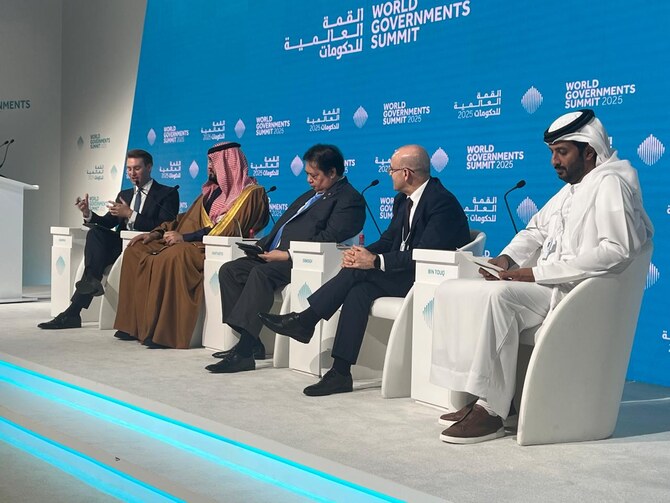Saudi Arabia has yet to formally join the BRICS bloc despite attending a recent meeting in Brazil, as it navigates delicate diplomatic terrain with its key ally, the United States, two sources familiar with the matter said.
Although BRICS lists Saudi Arabia as a member on its official website, the kingdom has not completed the accession process, according to the sources. The hesitation underscores Riyadh’s cautious approach as it negotiates nuclear and technology agreements with Washington ahead of an expected visit from President Donald Trump next week.
Founded by Brazil, Russia, India, China and South Africa as a counterweight to Western influence, BRICS has expanded to include countries such as the United Arab Emirates, Egypt and Indonesia. Saudi Arabia, the world’s largest oil exporter, was invited to join in 2023.
The kingdom’s government communications office did not respond to a request for comment. Brazil’s foreign ministry, currently chairing the bloc, referred questions about Saudi Arabia’s membership to Riyadh.
Saudi Deputy Foreign Minister Waleed Al-Khuraiji represented the kingdom at the April 29 BRICS meeting in Rio de Janeiro, where ministers failed to issue a joint communiqué.
The Saudi stance highlights its strategic balancing act between China — its top oil customer — and the United States, which remains central to its security and technological aspirations.
“The Saudis still see tons of value in engaging with BRICS and its member states,” said Robert Mogielnicki, a senior resident scholar at the Arab Gulf States Institute in Washington. “They will keep double-dipping — or multi-dipping — with global partnerships as long as they can.”
He added that Riyadh likely sees greater short-term benefits in maintaining strong U.S. ties over committing to full BRICS membership.
Trump, who has taken a tough stance on BRICS, previously warned that the bloc must not pursue a currency to rival the U.S. dollar or risk facing tariffs of up to 100%. BRICS has discussed moving away from the dollar, but the greenback remains the dominant global reserve currency, according to the Atlantic Council’s GeoEconomics Center.
Despite growing trade ties with China — which imported $4.05 billion in goods from Saudi Arabia in February, up 20.6% from a year earlier — the U.S. remains a vital partner. A major arms deal worth over $100 billion is reportedly being prepared for announcement during Trump’s visit, according to sources.
Between 2005 and mid-2024, Chinese investment and construction contracts in the kingdom totaled nearly $71 billion, reflecting Beijing’s growing role in Saudi Arabia’s economic diversification efforts.
“Saudi feels like they have the leverage, and they are enjoying the position,” said Aziz Alghashian, a Saudi political analyst. “They see the United States as still the main actor, but there are others that could also provide utility.”
Steffen Hertog, a professor at the London School of Economics, noted that while BRICS offers a forum to challenge U.S. dominance, it lacks cohesion to deliver meaningful progress on issues such as currency cooperation or security.

